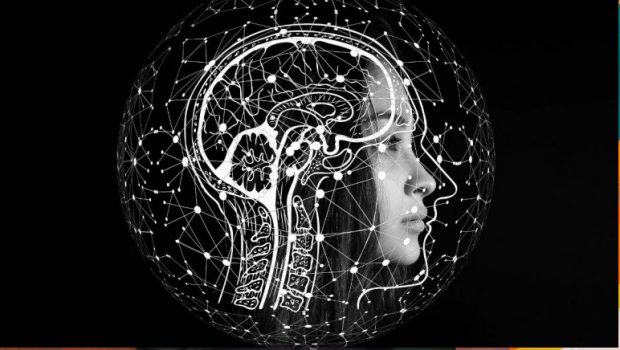
Two brain networks key to suicide risk identified
PTI, Dec 2, 2019, 3:04 PM IST

London: Scientists have identified two key networks within the brain that play a crucial role in the risk that an individual will attempt suicide — one of the world’s major killers.
The finding by researchers, including those from the University of Cambridge in the UK, may provide important targets for the generation of more effective suicide prevention strategies.
The study, published in the journal Molecular Psychiatry, reviewed two decades worth of existing literature relating to brain imaging studies of suicidal thoughts and behavior.
The researchers looked at 131 studies, which covered over 12,000 individuals, looking at alterations in brain structure and function that might increase an individual’s suicide risk.
They noted that 800,000 people die globally by suicide every year, the equivalent of one every 40 seconds.
Suicide is the second leading cause of death globally of 15 to 29, year olds, the researchers said.
The team noted that more adolescents die by suicide than from cancer, heart disease, AIDS, birth defects, stroke, pneumonia, influenza, and chronic lung disease combined.
The researchers looked for evidence of structural, functional, and molecular alterations in the brain that could increase the risk of suicide.
They identified two brain networks — and the connections between them — that appear to play an important role.
The first of these networks involve areas towards the front of the brain known as the medial and lateral ventral prefrontal cortex and their connections to other brain regions involved in emotion, the researchers said.
Alterations in this network may lead to excessive negative thoughts, and difficulties regulating emotions, stimulating thoughts of suicide, they said.
The researchers explained that the second network involves regions known as the dorsal prefrontal cortex and inferior frontal gyrus system.
Alterations in this network may influence suicide attempt, in part, due to its role in decision making, generating alternative solutions to problems, and controlling behavior, the study found.
The researchers suggest that altering the networks in terms of their structure, function or biochemistry, might lead to a situation where an individual thinks negatively about the future.
This can also make them unable to control their thoughts, which might lead to situations where an individual is at higher risk for suicide, they said.
“The review provides evidence to support a very hopeful future in which we will find new and improved ways to reduce risk of suicide,” said Professor Hilary Blumberg from Yale University in the US.
“The brain circuitry differences found to converge across the many studies provide important targets for the generation of more effective suicide prevention strategies,” Blumberg said.
Udayavani is now on Telegram. Click here to join our channel and stay updated with the latest news.
Top News

Related Articles More

ISRO & ESA agree to cooperate on astronaut training, mission implementation

Snatcher lands in police net in Delhi, AI tech helps reveal identity

AI Meets Health: The Rise of Smart Fitness Solutions

Power Up by Powering Down: 10 Energy-Saving Tips for Every Home

Multi-lingual AI chatbot to assist visitors during Maha Kumbh Mela 2025
MUST WATCH
Latest Additions

UP: Ancient stepwell unearthed in Sambhal district’s Chandausi

Democracy being ‘murdered’ by using its own tools: Yogendra Yadav

Chennai-based firm gifts Tata range of cars, Royal Enfield bikes to employees

Allu Arjun urges fans to express feelings responsibly both online, offline

Rohit Sharma should change his tactics, be more attacking batting at No. 6: Ravi Shastri
Thanks for visiting Udayavani
You seem to have an Ad Blocker on.
To continue reading, please turn it off or whitelist Udayavani.





















